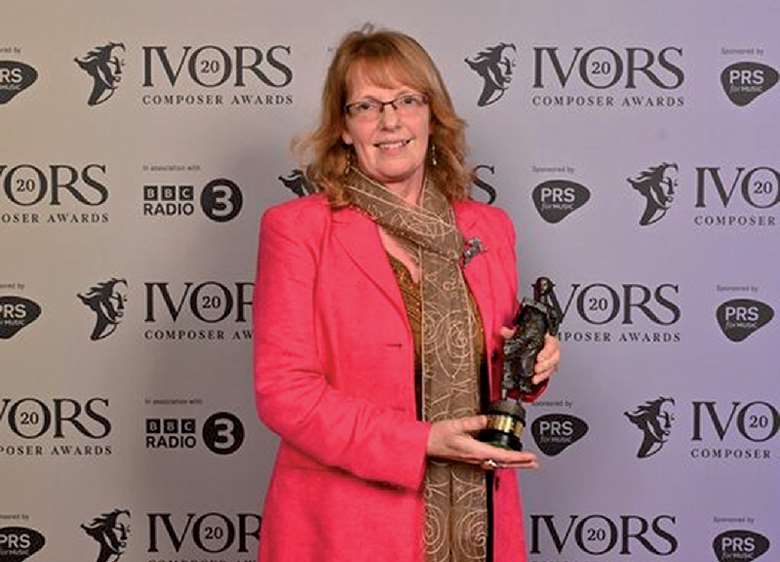Liz Dilnot Johnson: shifting perceptions
Matthew Power
Thursday, March 2, 2023
Addressing a political hot potato, Liz Dilnot Johnson's Requiem for refugees, commissioned by Ex Cathedra, won her the Community & Participation Award at the Ivors in November 2022. She talks to Matthew Power about what motivates her to compose

© IVORS/MARK ALLEN
Register now to continue reading
This article is from Choir & Organ. Don’t miss out on our dedicated coverage of the choir and organ worlds. Register today to enjoy the following benefits:
- Free access to 3 subscriber-only articles per month
- Newly-commissioned sheet music to download from our New Music series
- Unlimited access to Choir & Organ's news pages
- Monthly newsletter






